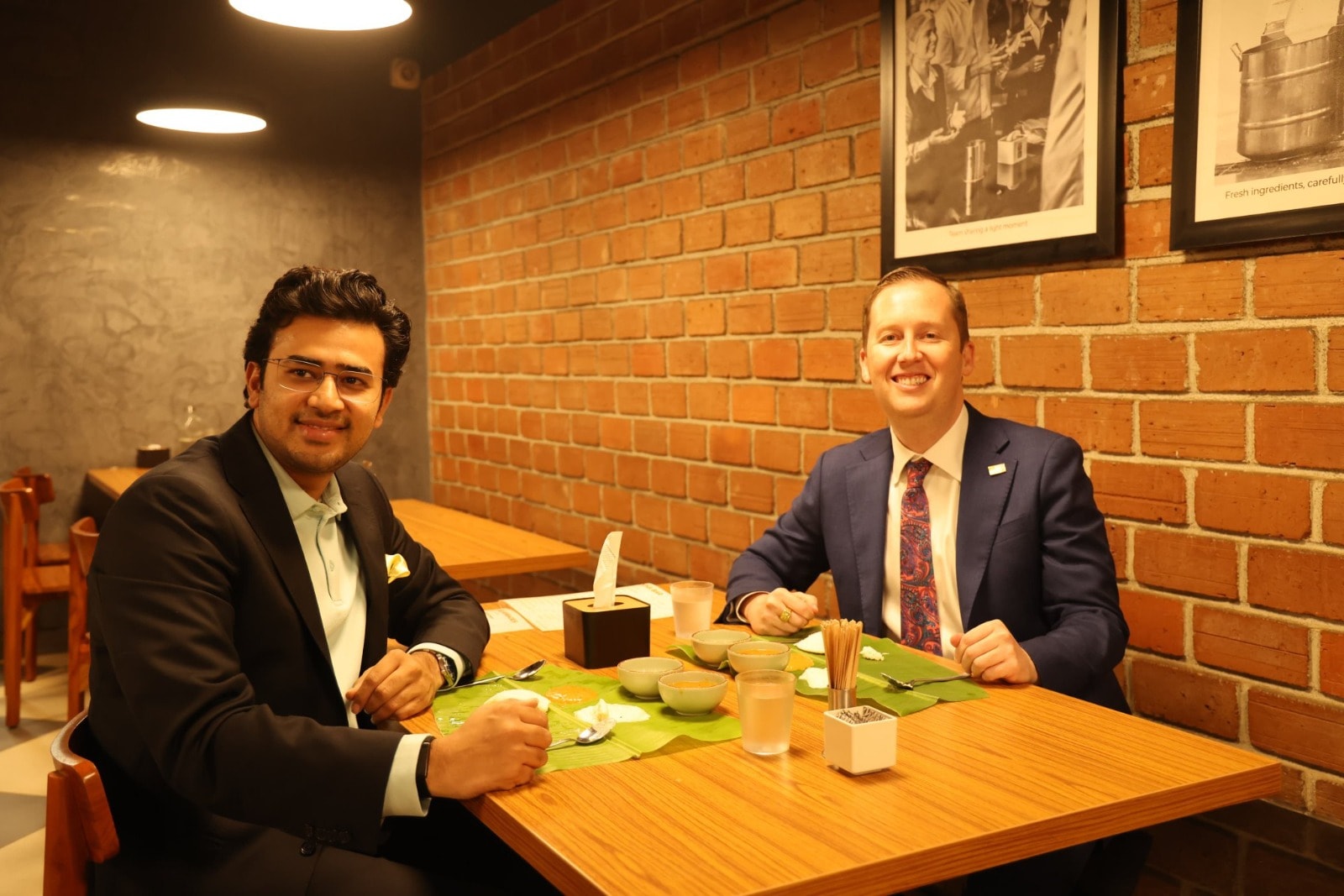Eating vegetables has always been associated with a number of health benefits. They provide the daily vitamin and mineral content that the body requires, and also help in maintaining overall health. The high presence of carotenoids in vegetables is important for its antioxidant properties. Earlier studies had suggested that carotenoids in these vegetables would actually help in protecting men from cancer. However, now a study has come up claiming that eating more vegetable produce will neither cure nor stop the disease.
The Men's Eating And Living (MEAL) Study has been published in the Journal of the American Medical Association. It enrolled 478 men from age groups 50 to 80 years in the United States. These were patients diagnosed with early-stage prostate adenocarcinoma, and had enrolled in an active surveillance programme to defer immediate treatment until the disease advances. One group of participants was encouraged to include vegetables in their diet that were high in carotenoids such as broccoli, leafy greens, carrots, tomatoes, and cabbage. Both groups were monitored for two years, but there proved to be no positive impact on prostate cancer.
(Also Read: Being Overweight Raises Risk of Men Developing Aggressive Prostate Cancer)
"These data fail to support prevailing assertions in clinical guidelines and the popular media that diets high in micronutrient-rich vegetables improve cancer-specific outcomes among prostate cancer survivors," said study researcher James Marshall.According to another study researcher, J. Kellogg Parsons, from the University of California, "These data indicate that despite prevailing scientific and public opinion, eating more vegetables will not alter the course of prostate cancer. It will not, to the best of our knowledge, suppress or cure it."
(Also Read: Fried Food Increases Chances Of Prostate Cancer)
The research confirms through scientific study that a change in diet may improve chances of curing diseases such as diabetes or cardiovascular diseases, but has no significant change in the treatment of prostate cancer. But all is not lost, as the MEAL study did reveal that through behavioural modification, patients of the vegetable-eating group started to make healthier food choices.
Parsons confirms the same, "While eating a healthy diet rich in fruits and vegetables and getting more exercise may not cure cancer, it may keep the body stronger and healthier, which may help patients tolerate cancer treatments."
Thus, even if vegetables may not have a direct link on the treatment of cancer, leafy greens and vegetables will be a step towards a healthier lifestyle that will surely prove to be useful in the long run.
